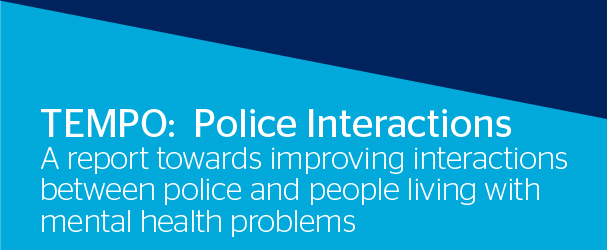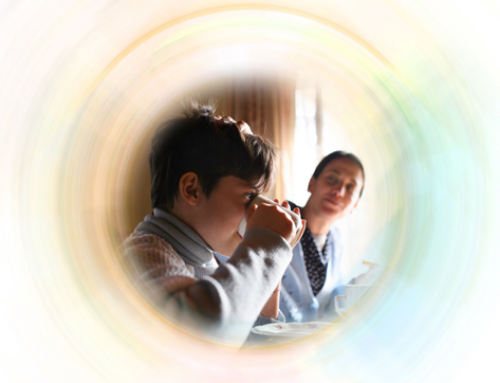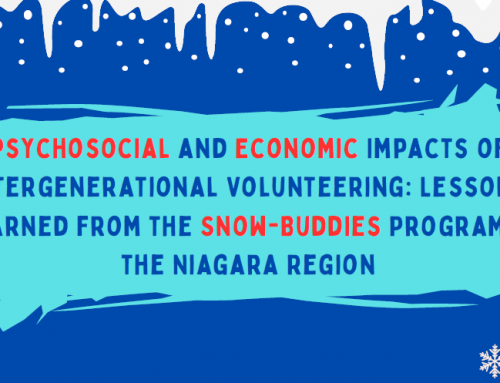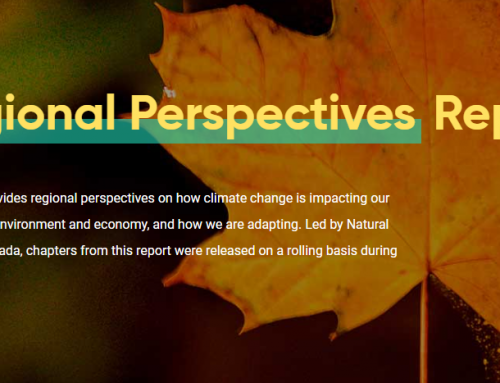In 2008 the MHCC conducted a review of the basic/recruit training, which occurs primarily at Canadian police colleges/academies, concerning interactions with people with mental illnesses. To complement that study, in 2010, the MHCC conducted a review that examined the nature and extent of such police training and education at the in-service or continuing education level within Canadian police organizations. Based on these reviews, an aspirational model of police education and training—TEMPO (Training and Education about Mental Illness for Police Organizations)—was developed, described, and disseminated. The purpose of the present report is to review progress since that time.
Notwithstanding the nature and seriousness of individual interactions between police and people with mental illnesses, it is widely accepted that there are too many. While most will never garner attention on the front page of a newspaper, for the people involved all incidents are serious and potentially traumatic. How do we ensure that police personnel are well prepared to deal with these potentially difficult situations? This report will provide assistance in achieving that.
This report is focused on police education and training, rather than on the broader systems and policies that affect interactions between police and people with mental illnesses; it addresses education and training in the broadest sense. The report places an emphasis on HOW we should teach as well as what we should teach, given the many developments in the field of adult education and curriculum design.
Published By: Mental Health Commission of Canada
Publication Date: August, 2014








